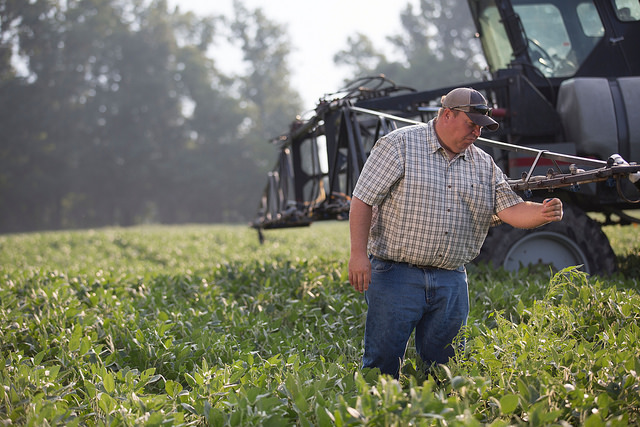
President Trump’s distaste for “political correctness” has deeply resonated with many Americans, especially in rural communities. In a recent interview for Vox, Robert Wuthnow — a sociologist who spent eight years interviewing members of small, rural communities across the country — argues that resentment in predominantly White, rural towns is less a reflection of economic woes and more a response to threatening cultural and demographic changes.
Rural Americans tend to direct their frustration from adjusting to changing economic and social conditions at lawmakers, who they believe are seizing their resources and giving them to big cities. Many discussed cultural shifts and a “moral decline.” For example, one resident felt like the government was taking away their personal control over their lives because they can’t “spank [their] children without ‘the government’ intervening.” Further, Wuthnow describes how growing diversity in the United States threatens many rural Americans’ Christian, white-normative, and heteronormative lifestyles, resulting in rising White nationalism movements, like the Alt-right.
As the country changes and their kids leave to find work in urban centers, White rural Americans feel they are being left behind. But instead of dismissing them, Wuthnow argues that we should try to understand their perspectives. He concludes,
“Rural America does have real problems — population decline, a brain drain, opioid addiction, etc. We can make of that what we want. But that’s not the whole picture. Not every small town is full of people who are suffering and bitter and angry at Washington…[And while] there are significant differences between small towns and large cities,…there are also commonalities. Since we’re living in a polarized time, it’s worth remembering that not all divisions run along the rural-urban divide.”

Comments